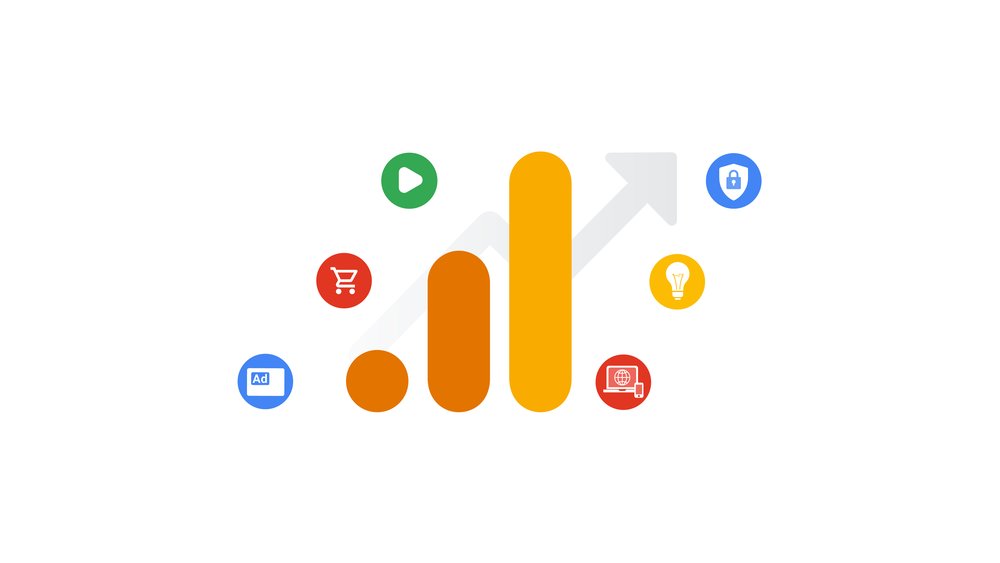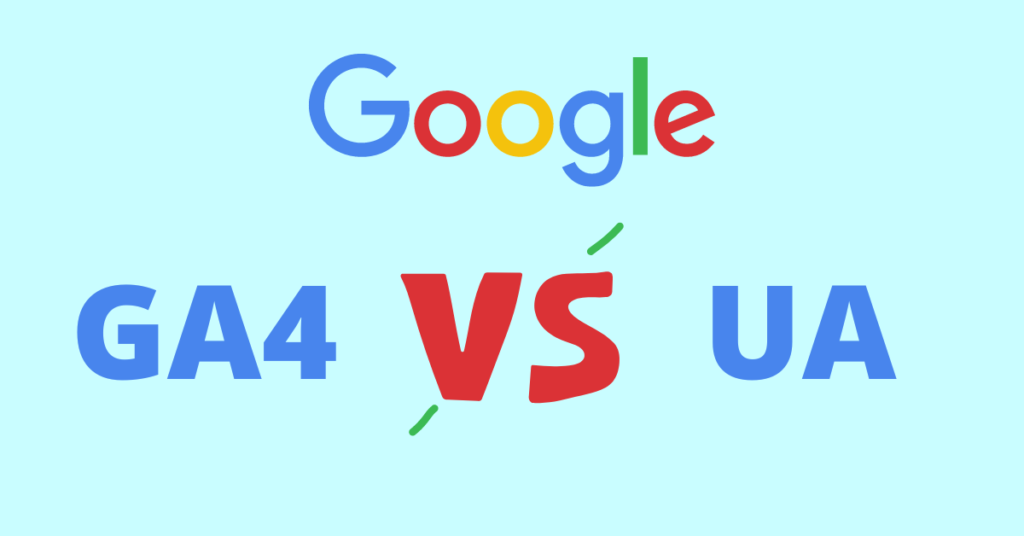Recently Google released a new kind of Google Analytics property, Google Analytics 4 (GA4). This new property will take the place of Google’s Universal Analytics and, according to Google’s documentation, on July 1 2023 standard Universal Analytics properties will no longer process data. You will be able to see your UA reports for a time after July 1, but no new data will be processed.
What is Google Analytics 4 (GA4)? How does GA4 compare to Universal Analytics? Which should you use? And, why does comebefound consider Google Analytics to be one of our best SEO tools?
Let’s find out!
What is Google Analytics 4 (GA4)?

GA4 is the newest iteration of Google Analytics and is a platform that collects data from your websites and apps to generate reports that let you gain insights into the traffic and users on those platforms.
Analytics based on real users interacting with your website or app are invaluable in marketing and business intelligence. Seeing the purchase funnel through digital analytics helps you make more informed decisions. This kind of analytical data can benefit all different kinds of businesses.
For example, if you run an eCommerce site, Google Analytics can understand the behavior of a user better market those products and services. Lead-generation can also be accomplished with Google Analytics by collecting user information for their sales teams.
Additionally, GA4 uses what are called “properties”, which can contain more than just websites. In fact, GA4 can collect behavioral data from mobile applications, online point-of-sale systems, and other internet-connected platforms.
Google Analytics 4 verses Universal Analytics

One of the primary differences between GA4 verses Universal Analytics is that GA4 uses an event-based model rather than a session-based one. What this means is that each user interaction can contain more parameters which can then be more accurately reported on.
Someone adds your latest design into your eCommerce site’s shopping cart? How about they just want to think about it but add it to their wish list? Even better, say you ran a special promo for a targeted potential customer, and they redeem it?
All that data gets recorded as event parameters. Additionally, unlike Universal Analytics which based its sessions on groupings within a given time frame, some 25 different event parameters and 500 distinct named events in GA4 give you a much more flexible and wider set of data to work with.
Another key difference between GA4 and UA is that GA4 is built with privacy and data protection and controls in mind. The fact is that UA is 10 years old, and just is not equipped to handle the Internet and the policies and regulations that have been implemented since its creation.
For example, customers of UA would have to request IP anonymization or IP masking and then specific set controls would need to be implemented to accommodate this. In Google Analytics 4, IP anonymization is not necessary since IP addresses are not logged or stored. Additionally, GA4 does not allow the capture of Personally Identifiable Information and will flag data for deletion if any get detected, even going as far as deleting all data collected for the property during that time.
Should You Use Universal Analytics or Google Analytics 4?
You should make the change and use GA4!
OK – we get it. Change is usually never easy. And there is some room for improvement with GA4 if we are being honest. However, the good news is that much of what GA4 presents to you can be changed to your liking, much of which was not possible with UA.
For example, with GA4 you can customize reports! This seems like something we should have had well before now, but at least now we do! People can be particular about the appearance of a report, so now you can simply edit or remove the graphics you don’t like. Or maybe some are just not applicable to your business and are just taking up space. You can just simply remove them.
Even if what is currently available in GA4 doesn’t suit your needs, you might as well go ahead and implement it along with UA. That way you can start collecting data in the new property and still maintain what you have, at least until July 1, 2023, when UA will stop working.
Summary
Google Analytics 4 is a change from Universal Analytics, no doubt about it. But ultimately, it will be a change for the better. Our advice is to get started today on GA4, even if that is just setting up a project to do a high-level review of what you need to do to get started.
This is our approach at comebefound – get started today!
